Drive anywhere in Colorado and you’ll feel it: pavement buckling under your tires, potholes shaking your suspension, and cracks spreading across the asphalt.
Nearly one-quarter of major roads are in poor condition, threatening families, businesses, and first responders. This isn’t just a statistic — it’s the dread every working-class Coloradan feels when another pothole sends them back to the mechanic.
According to CDOT, 71% of highway miles have less than 10 years of “drivability” left, and more than 800 miles are already beyond repair. The price tag? Between $7.1 billion and $11.4 billion annually in higher vehicle costs, crashes, and congestion.
That works out to $3,060 per vehicle in metro areas and $1,700 in rural areas. For families living paycheck to paycheck, one repair bill can wreck an entire month’s budget.
Neglecting the Foundation
Colorado has treated its highway system like a careless homeowner. Imagine building a beautiful house, then ignoring a leaking roof while spending money on a garden and hummingbird feeders. Nice extras — but they won’t keep the house from rotting.
If we don’t fix the foundation — our roads — everything else will collapse.
That’s why Initiatives 125 and 126 matter. These proposed constitutional amendments, now moving through the title board process, would require all vehicle-related revenues (gas taxes, registrations, delivery fees) to be spent only on roads, highways, and bridges. If they make the ballot, voters will decide in November 2026.
Broken Funding System
-
Colorado’s gas tax, our main road funding source, hasn’t been adjusted in 35 years.
-
Vehicle registrations doubled, but per-vehicle revenue dropped by more than half.
-
Road construction costs jumped 50% since 2021, slashing the value of every transportation dollar.
Despite this, lawmakers cut $140 million from CDOT’s budget — including $65 million from highway funds — to plug the state’s $1.2 billion deficit. CDOT already faces a $350 million annual shortfall just to maintain existing roads, with at least $200 million needed for pavement alone.
And all this comes after a $5.4 billion transportation package passed four years ago redirected new delivery and rideshare fees to transit. But in a state where 85% of commuters rely on cars, the push to get people out of vehicles hasn’t worked.
Time to Fix the Roof
Roads and bridges aren’t luxuries — they’re the backbone of our economy and public safety. Before lawmakers spend another dollar on “behavior change” projects, they must protect the taxpayer investment we’ve already made.
My father, like my grandfather, worked underground in a coal mine. He drove two hours each way in a beat-up Chevy Malibu. If he had to drive those same roads today, keeping that Malibu running would’ve been impossible. For families barely scraping by, a blown tire or broken suspension isn’t a nuisance — it’s a financial crisis.
People who’ve never lived with that kind of scarcity can’t understand what it feels like to have nothing to fall back on — and then watch your own government make things worse.
The Bottom Line
It’s time to fix the roof and keep Colorado strong for generations to come. Roads first, everything else second.

Katie is a senior who has been on staff for three years. Her favorite type of stories to write is reviews and features. Katie’s favorite ice cream flavor is strawberry.

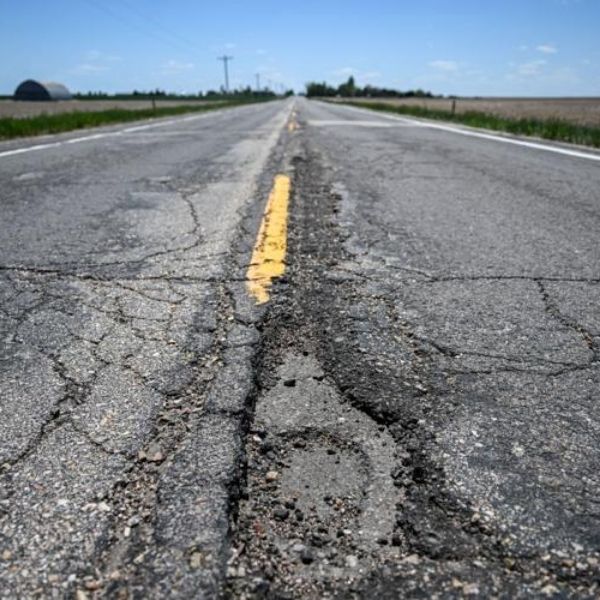
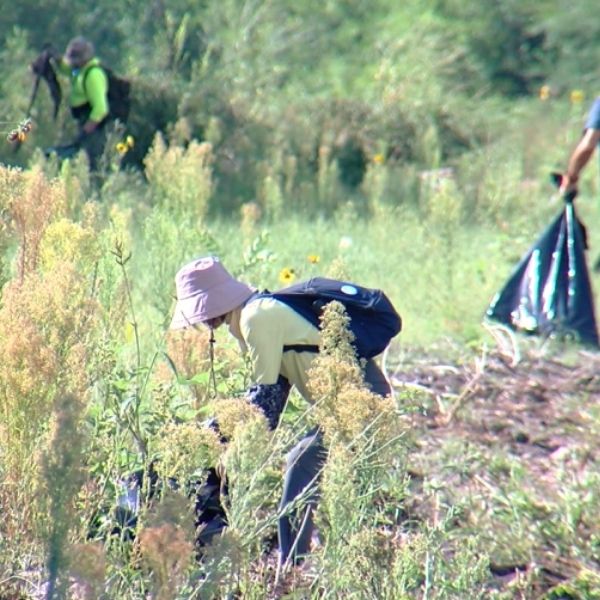
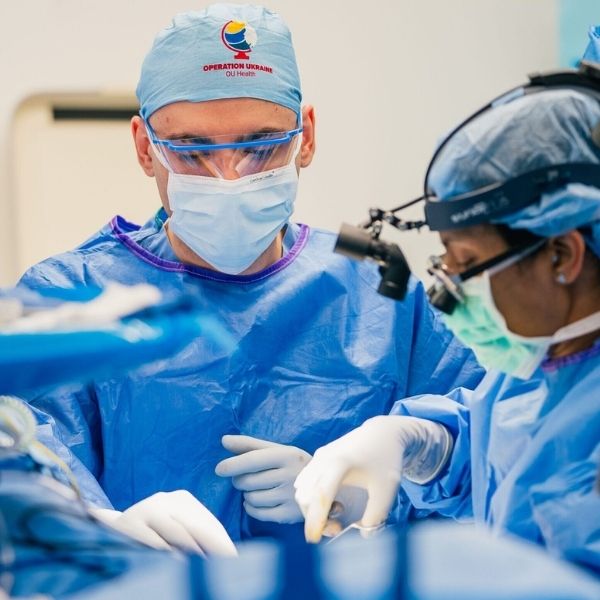

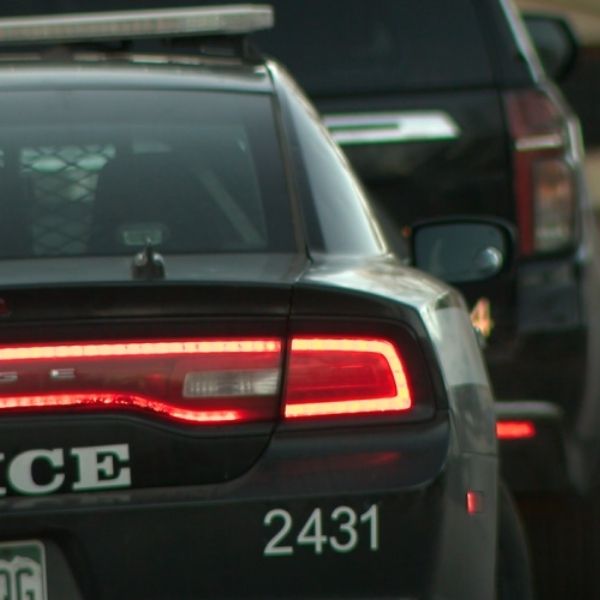
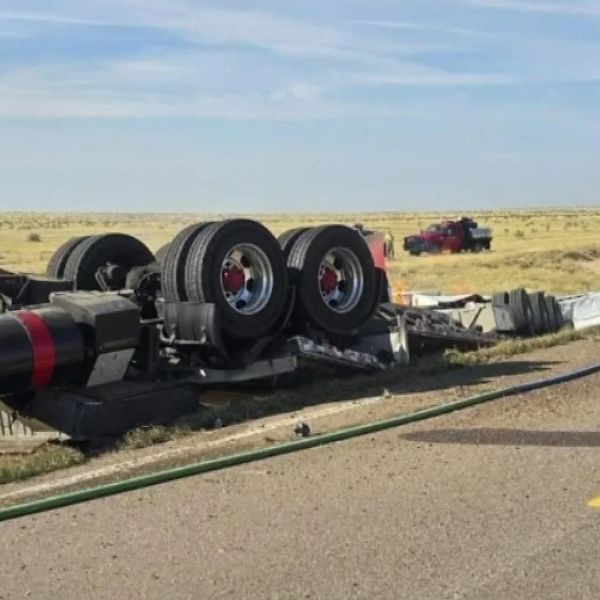
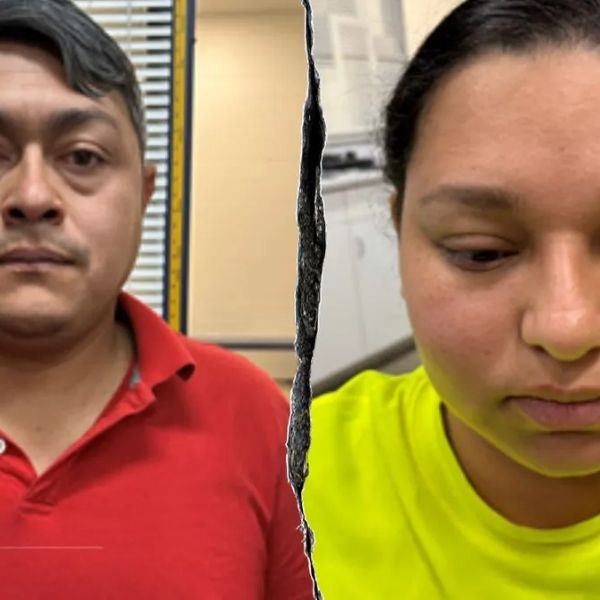
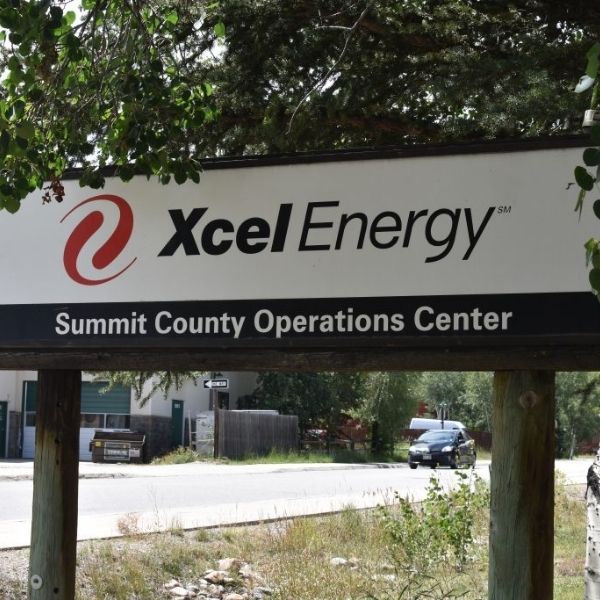
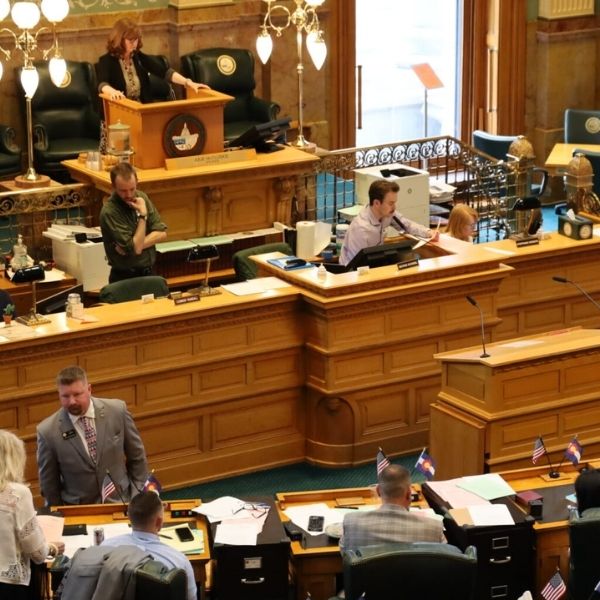

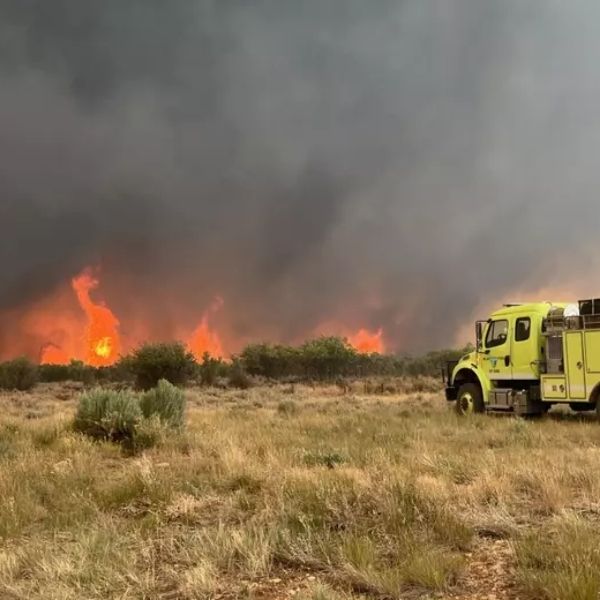



Leave a Reply